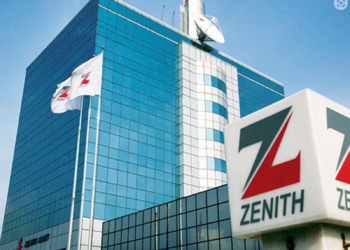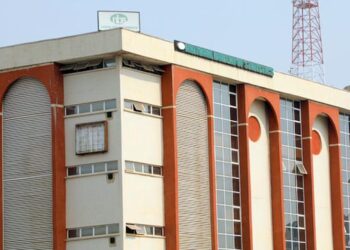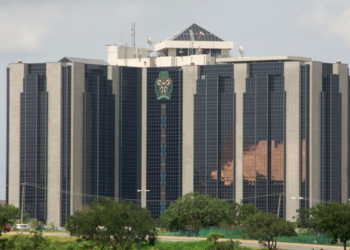The Central Bank of Nigeria has once again blamed the rising food inflation on supply-related issues, shifting the blame away from its monetary policy.
The latest data from the National Bureau of Statistics (NBS) reveals that the inflation rate for the month of October rose to 14.23% year on year. Food inflation, a major component of Nigeria’s inflation rate, rose by 17.38% year on year, underpinning the high cost of food suffered by millions of Nigerians.
Reasons for high food inflation
The central bank in its monetary policy committee meeting held in September identified the rising food inflation and blamed it on factors that are beyond its control. The latest MPC release contains the personal statements of the members.
The increase in headline inflation was largely driven by the persistent increase in the food component, which rose to 16.00% in August 2020, from 15.48% in July 2020. The core component also rose to 10.52% in August from 10.10 per cent in July 2020.
These upticks were driven primarily by legacy structural factors, such as the inadequate state of critical infrastructure and broad-based security challenges across the country, which dampened production activities. Other factors include the disruptions to supply chains, following restrictions to movements to curb the spread of the pandemic; adverse weather conditions, which resulted in the flooding of farmlands; as well as the inflation pass-through to domestic prices, following the depreciation in the exchange rate.
The recent increase in energy cost is also expected to further impact the domestic price level in the short-term.
What this means: By dumping inflation targeting from the demand side, the CBN is simply betting that spending money on stimulus programs will pay off down the road, as cheaper long-term credit will reduce the cost of goods and services and will eventually reflect in the lower inflation rate.
- The CBN did not state where it sees the inflation rate and when it will drop to its new target by relying on supply-side management as a strategy.
- The CBN claims it has spent about N3.5 trillion on several stimulus programs since Covid-19 broke in the first quarter of the year. However, the inflation rate continues to gallop, eroding the purchasing power of ordinary Nigerians.
- The downside of this strategy is that there is very little impetus for foreign investors to purchase CBN securities at very low-interest rates.
- This shuts the door to the reliance of foreign portfolio inflows to shore up dollar reserves, leaving us with investors who may want to return to the stock market.
What to expect: If oil prices fail to pick up and foreign investor inflow is not forthcoming, there will likely be heavy pressure on the CBN, effectively worsening things.






















“Central banks will often say that these price increases are not due to monetary policy but market forces. However, it is precisely monetary policy that strains market forces by pushing rates lower and money supply higher. Monetary policy makes it harder for the least privileged to live day by day and increasingly difficult for the middle class to save and purchase assets that rise due to expansionary monetary policies, such as houses and bonds.
Inflation may not show up on news headlines, but consumers feel it. The general public has seen a constant increase in the price of education, healthcare, insurance, and utility services in a period where central banks felt obliged to “combat deflation”…a deflationary risk that no consumer has seen, least of all the lower and middle classes.
Inflation is not a social policy. It disproportionately benefits the first recipient of newly created money, government and asset-heavy sectors, and harms the purchasing power of salaries and savings of the low and middle class. “Expansionary” monetary policy is a massive transfer of wealth from savers to borrowers. Furthermore, these evident negative side effects are not solved by the so-called quantitative easing for the people. A bad monetary policy is not solved by a worse one. Injecting liquidity directly to finance government entitlement programs and spending is the recipe for stagnation and poverty. It is not a coincidence that those that have implemented the recommendations of modern monetary policy wholeheartedly, Argentina, Turkey, Iran, Venezuela, and others, have seen increases in poverty, weaker growth, worse real wages and destruction of the currency”—–Daniel Lacalle, PhD, economist, fund manager, author.
“Inflation……is daylight robbery”.
Daniel Lacalle.
Please I am abuness man so I have lack of money so please help I come from kano
And I can give you all my address please see my number 07064673572 If you can help me please call me
And I can give you all my address please see my number 07064673572 If you can help me please call me
Please I am abuness man so I have lack of money so please help I come from kano
I can give you all my address if you need call me 07064673572
LAWAN FANNAMI WARD GASHUA 005 PU SANI MOHAMMED 28/09/1985